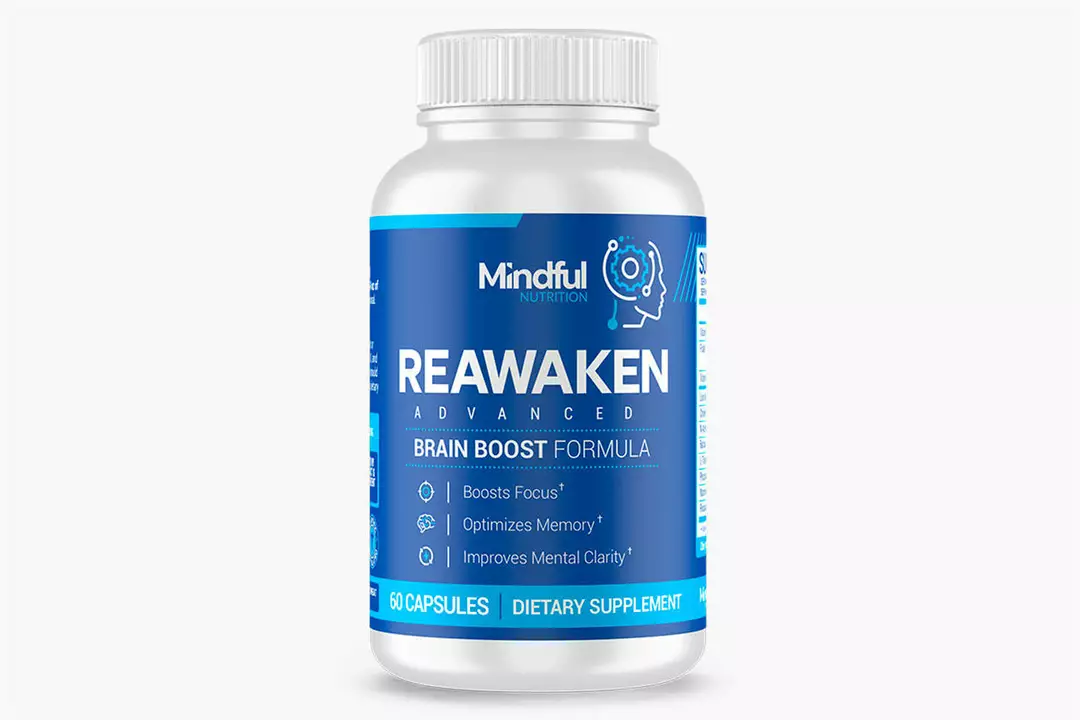Rosemary: Benefits, Uses and Safety Tips
If you’ve ever smelled fresh rosemary in a kitchen or seen the green needle‑like leaves on a spice rack, you already know it’s aromatic. But rosemary does more than add flavor – it can help your brain, digestion, and even skin. This guide gives you the basics so you can start using rosemary today without guessing.
Health Benefits of Rosemary
Research shows that the oil in rosemary contains compounds like rosmarinic acid and cineole. Those chemicals act as antioxidants, which means they help protect cells from damage. People often take rosemary extract to boost memory, and a few small studies have reported clearer thinking after daily doses.
The herb also supports digestion. A cup of rosemary tea can soothe an upset stomach, reduce gas, and encourage bile flow, making it easier for the body to break down fats. If you struggle with occasional heartburn, sipping warm rosemary water before meals might help.
Skin‑loving folks appreciate rosemary’s anti‑inflammatory power. Applying a diluted rosemary oil mixture to oily or acne‑prone skin can calm redness and reduce breakouts. Just mix a few drops with a carrier oil like jojoba and test on a small area first.
How to Use Rosemary Safely
Cooking is the simplest way to enjoy rosemary. Toss fresh sprigs into roasted potatoes, grilled chicken, or soups. The heat releases the flavor without needing extra salt. If you use dried rosemary, crush it between your fingers first – that helps release the oils.
For a quick tea, steep one teaspoon of dried leaves in hot water for five minutes. Drink once or twice daily. Don’t exceed three cups a day; high doses can irritate the stomach or cause headaches.
If you prefer supplements, look for standardized rosemary extract that contains at least 40 % rosmarinic acid. Follow the label’s dosage – usually 200‑400 mg per day. Pregnant women should avoid large amounts because rosemary in high doses may stimulate uterine contractions.
Topical use requires dilution. Mix one part rosemary essential oil with ten parts carrier oil and apply to skin for a few minutes before rinsing. Keep the mixture away from eyes and open wounds.
When buying rosemary products, choose reputable brands that test for purity. Cheap oils can be mixed with other cheaper oils, reducing effectiveness and increasing the risk of contaminants.
In short, rosemary is a versatile herb that supports brain health, digestion, and skin when used correctly. Add it to meals, brew a tea, or use a diluted oil – just keep an eye on the amount and avoid using massive doses without professional advice.
Rosemary: The Perfect Dietary Supplement for Mental Clarity and Focus
As someone who constantly strives for mental clarity and focus, I recently discovered that rosemary is a fantastic dietary supplement to achieve this goal. Packed with antioxidants and anti-inflammatory properties, rosemary can help improve our memory and overall cognitive function. When consumed regularly, it can assist in reducing brain fog and increasing concentration levels. It's no wonder that this powerful herb has been used for centuries in traditional medicine! In my journey to better mental health, I have definitely found a reliable ally in rosemary, and I can't wait to share more about its benefits with you all.


